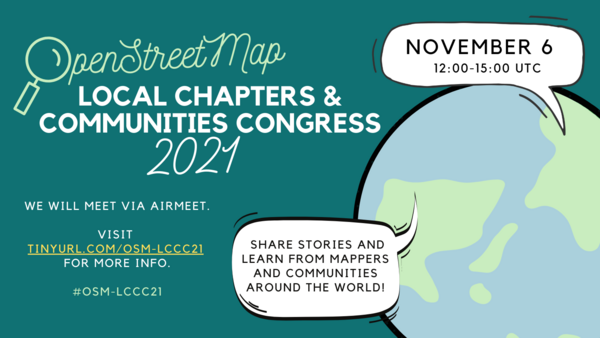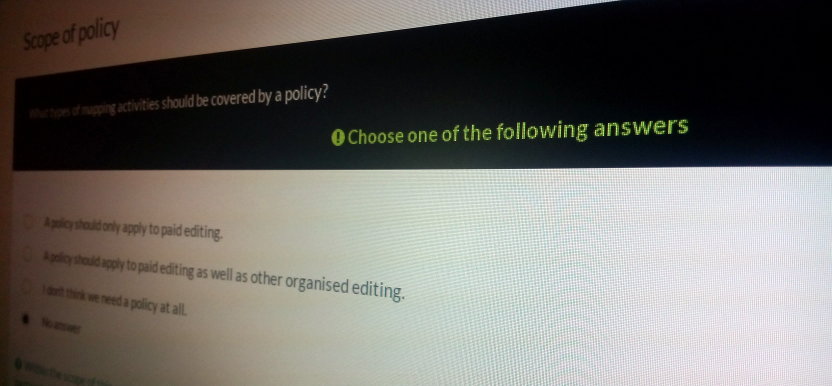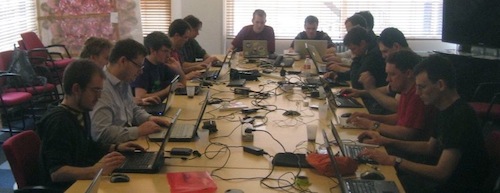The Engineering Working Group (EWG) would like to announce a call for proposals for the following project: Adding the ability to mute users on the openstreetmap.org website.
About the project
Users who receive unwanted messages to their openstreetmap.org message inbox currently have to report the message writer and wait for an administrator to take action. This feature will make it possible for anyone to painlessly mute (ignore) private messages from another user.
For more details about the project, including how to apply and proposal requiements, please see the Engineering Working Group Project Funding Repository on Github. Click on “Ability to mute other users” under the Projects section or visit this link for for a list of deliverables.
Understanding the project funding process
Before submitting a proposal make sure to also read the Engineering Working Group’s Project Funding Proposal Framework for a general overview of the process. Should you have any questions about the funding process please reach out to the Engineering Working group at engineering@osmfoundation.org.
About the Engineering Working Group
The Engineering Working group is charged with, among other things, handling software development paid for by the OSMF, putting out calls for proposals on tasks of interests, offering a platform for coordination of software development efforts across the OSM ecosystem, and managing OSM’s participation in software mentorship programs.
The Engineering Working Group meets once every 2 weeks. Meetings are open to all and all are welcome. Questions? Please send an email to engineering@osmfoundation.org. We are a small group and are still welcoming new members!
About OpenStreetMap
The OpenStreetMap Foundation is a not-for-profit organisation, formed to support the OpenStreetMap Project. It is dedicated to encouraging the growth, development and distribution of free geospatial data for anyone to use and share. The OpenStreetMap Foundation owns and maintains the infrastructure of the OpenStreetMap project, is financially supported by membership fees and donations, and organises the annual, international State of the Map conference. Our volunteer Working Groups and small core staff work to support the OpenStreetMap project. Join the OpenStreetMap Foundation for just £15 a year or for free if you are an active OpenStreetMap contributor.


 The OpenStreetMap project is nearly 12 years old, and we’ve been very lucky to have a small team of talented volunteer system administrators doing a fantastic job over that time, spending donated money wisely and meeting some huge scaling challenges for the core infrastructure.
The OpenStreetMap project is nearly 12 years old, and we’ve been very lucky to have a small team of talented volunteer system administrators doing a fantastic job over that time, spending donated money wisely and meeting some huge scaling challenges for the core infrastructure.


